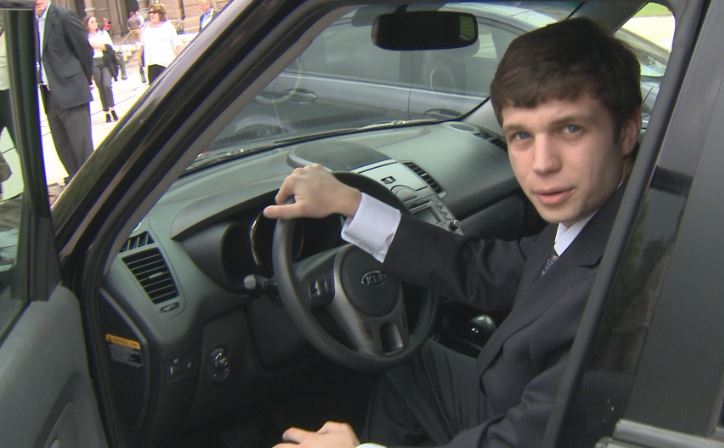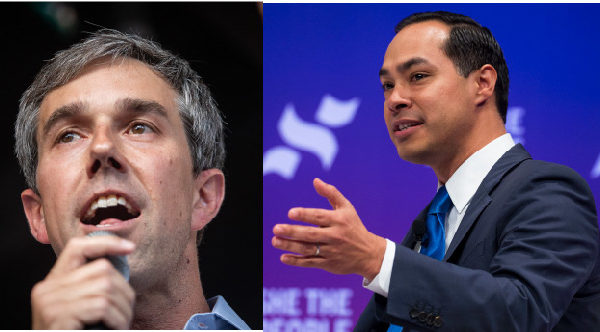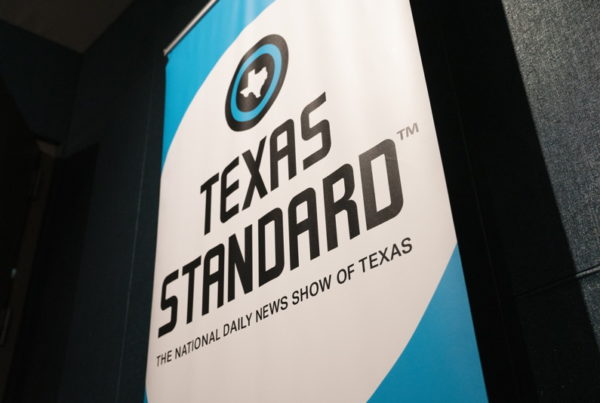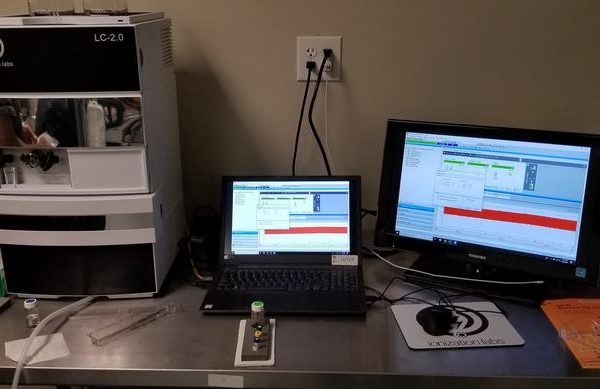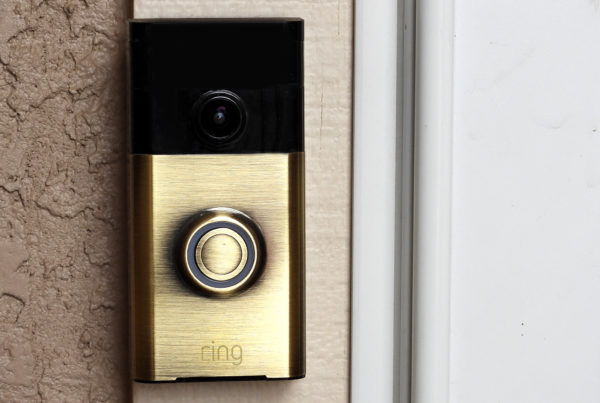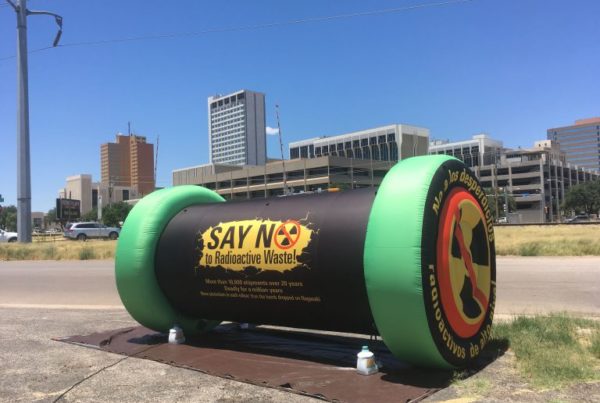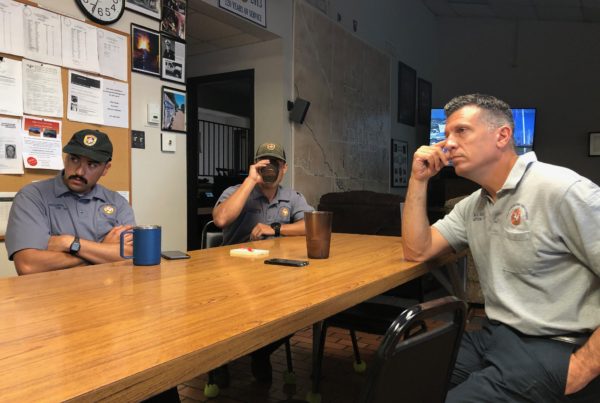Getting pulled over by a police officer can be unsettling for anyone. But it can be especially stressful for someone with a communication issue.
Not being able to answer an officer’s question could put that person at risk if the officer misinterprets their behavior.
But a new law going into effect Sept. 1, called the Samuel Allen Law, could help prevent that miscommunication. It’s named after a young man who lives with Asperger’s Syndrome – an autism spectrum disorder – and who has campaigned for special identification on state driver’s licenses.
Jennifer Allen is Samuel’s mother, and also the founder of the website Aspergers101. She says her activism started when Samuel started driving, which frightened her.
“Everything single thing that us neurotypicals take for granted takes a little longer for somebody with autism,” Allen says.
As she thought about how to help him, she also realized that there are many others like him who needed support.
The law aims to protect people with communication challenges, from autism spectrum disorder, deafness and more, Allen says.
“All of those challenges, they’re all lumped into the same: The title is ‘A Communication Impediment With a Peace Officer,’” she says.
People who bring a doctor’s note to the Texas Department of Motor Vehicles will then have a code associated with their license plate number. That code will appear for an officer when he or she looks it up during a traffic stop.
“The officer will know prior to approaching the vehicle that this person might have a challenge speaking with him,” Allen says.
This procedure could be helpful to officers, too; they often face uncertainty during traffic stops. She says police chiefs in San Antonio and Houston endorsed the bill, as well as the head of the Highway Patrol Division of the Department of Public Safety.
“Law enforcement all across Texas embraced this,” Allen says.
And she says implementing the change was pretty simple.
“All it took was a coder and a law to go into effect, that DMV could put this in the system,” Allen says.
She also says the database approach is better than issuing a special card for people with communication difficulties. An officer could misinterpret a driver’s actions when they reach for a card, or try to explain that they’re getting their card.
“The officer doesn’t know if he’s getting a gun,” Allen says. “That’s where communication can go so wrong, and often wind up in handcuffs and sometimes even death.”
The law is a low-cost solution to preventing miscommunication with peace officers, Allen says. And she’s preparing to share her plan with lawmakers in other states.
“Texas is a trailblazer,” she says.
Written by Caroline Covington.


